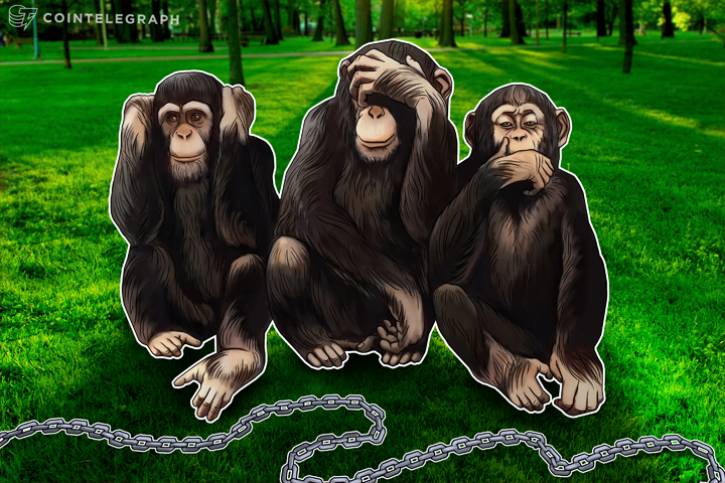Hi, I’m Adil Wali. I became a Microsoft certified professional at age 14 and started my first web development company. That led to a career as a serial entrepreneur, advisor, and startup investor. I got my first “real job” at 33, and I’m now a FinTech executive with a passion for the markets.

Someone mentioned a research study to me that demonstrated people are terrible at predicting what makes them happy. If you survey them, they’ll list what they think would make them happy, but they don’t actually know.
In fact, Daniel Gilbert, author of Stumbling on Happiness, talks about his research into what he calls ‘affective forecasting’ and how humans are so bad at it:
“People make mistakes when they try to predict what will make them happy in the future—a process that Tim Wilson and I have called ‘affective forecasting.’ Anyone who has ever said ‘I think I’d prefer chocolate to vanilla’ or ‘I’d rather be a lawyer than a banjo player’ has made an affective forecast. And anyone who has made an affective forecast has found out the hard way that sometimes they are wrong…People dramatically and regularly mispredict the emotional consequences of future events, both large and small.”
I’ve included a video of Gilbert’s presentation on his research at the end of this post. Although it’s a bit long, it’s very interesting and Gilbert has a knack for making his presentation entertaining, so it’s definitely worth the time.
Why this makes transitions difficult
As you think about, some of us get luckier than others. Right now, I feel like I’m doing exactly what makes me happy and I feel fortunate to have discovered my career happiness it at an early age. (I started my first company at the ripe old age of 14.)
But all of us go through transition periods. As I talk to friends who are making transitions, I find that beneath the surface, despite what most of us say or think, a significant number of people don’t really know what they ‘want to be when they grow up.’
You think the problem isn’t really that prevalent until you hear someone talk about what they want to do. A tell-tale sign of it is when someone lists a seemingly endless number of disparate options in response to the question of what they want to do. You start to think, “Those things aren’t necessarily related. What’s going on?”
HCI provides a clue on how to overcome the problem
The science of Human-Computer Interaction (HCI) provides a model for resolving this dilemma, and other aspects of product development have learned from it. In HCI, it’s widely known you’re not supposed to ask users what they want, you’re supposed to observe their actions to get an understanding of what they want or expect the application to do.
If you come right out and directly ask users what features they want, they’ll say A,B and C, but until they use the software they won’t really know. You have to see them in action to know what’s really going to resonate.
Humans just aren’t good at predicting what will make them happy.
The reality is that we are only a product of our experiences. If you haven’t experienced what makes you happy yet, how could you possibly know?
Some takeaways
- Most of us have a habit of committing too soon in life, very similar to premature commitment bias.
- Only by experiencing something can you truly know if it will make you happy. I think once you realize this it can create a lot of clarity. The more you try things out the more likely you are to find happiness. It seems obvious, but in some ways, the obvious things in life can be profound.
- We don’t get to try before we buy as much as we should. Sure, college students might be able to land an internship or get into a co-op program to try out a career. But older workers who want to make a transition aren’t usually given that opportunity.
- The problem is more widespread than most people realize. Trying things out to see what makes us happy applies not only to businesses and careers, but to hobbies and even food.
- If you can structure your life in a way where you can try more things in a risk-free environment, you’ll be better off.
- Don’t speculate. Don’t try to predict what’s going to make you happy. If you get out there and do as many things as you can, eventually you’ll find it, although it may well not be what you expected.
In some ways, this is what the Kemists is going to be about: putting talented people into different situations to find something that really works.
Dan Gilbert: Why are we happy? Why aren’t we happy?
And now, the Dan Gilbert video I promised:






